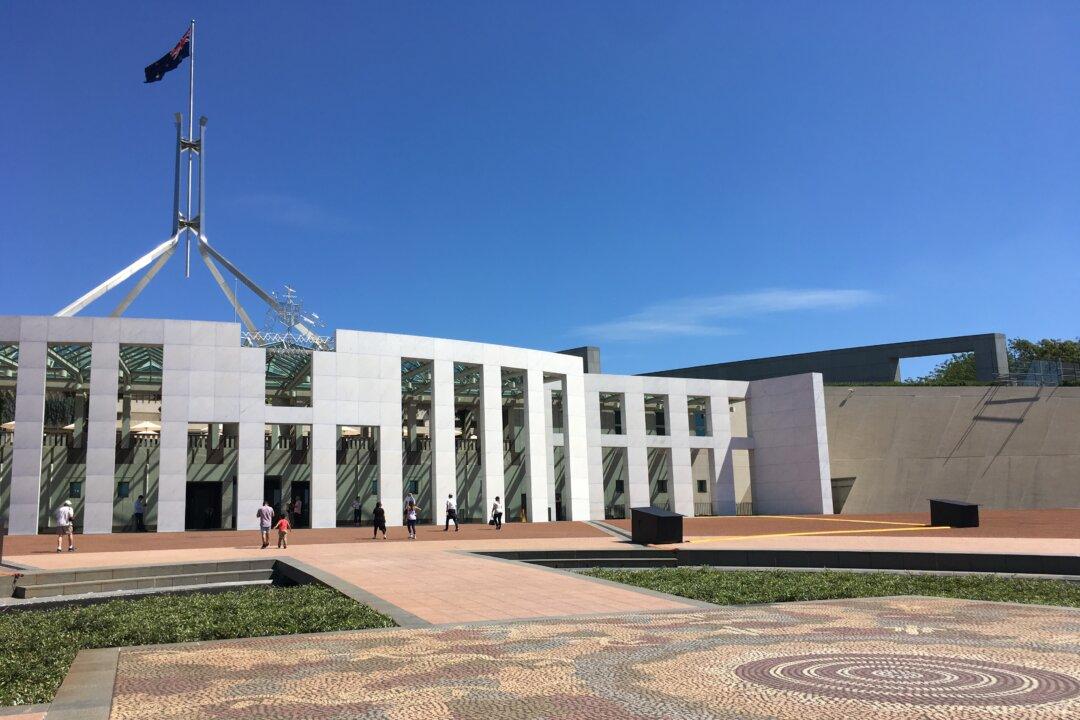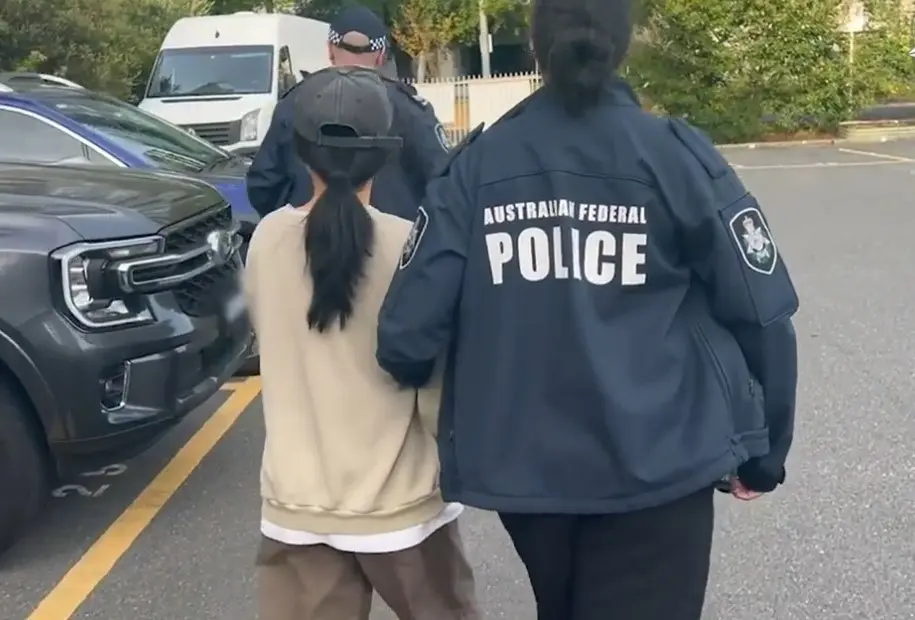Beijing has been grooming Australian business leaders to lobby the federal government to change its policy settings on the Chinese Communist Party (CCP), amid rising scepticism of Australia-China relations, according to Professor Clive Hamilton, an expert on CCP influence.
Hamilton, author of “Silent Invasion”–which details Beijing’s influence operations in Australia–said the CCP was leveraging business “proxies” to pressure the government. The activities of these proxies have escalated in the fallout from the recent Beijing-instigated trade dispute.





